Panel & Exhibition Celebrating the Stories of Women Moving Our State ForwardMany of the fierce women we've been featuring joined us for a lively round table discussion at Urban Growler Brewing in St. Paul, MN on March 10, 2019. This event was held to kickoff the exhibition of photos and quotes that colored the brick walls of the women-owned establishment during the months of March and April. Author: Nicole Smith - Photographer: Rodel Querubin
0 Comments
November 2016, Minnesota elected the first openly transgender black woman to public office in the United States. Andrea Jenkins has been making her impact in the community long before this accomplishment, and her variety of roles—writer, award-winning poet, politician, activist—all tie together to create one vision. “You know I think a big part of it is that all these things bring me joy in some kind of way. Creating poetry, being engaged in improving people’s lives—which has been my life’s work—reading and sharing poetry and being able to be a part of a dialogue that’s about building communities. I see all of those things as connected, so I don’t see it as ‘I’m doing all of these things’ I just see it as ‘I’m doing this thing.’” Part of sharing a dialogue for her hasn’t just been about telling her own story, but making the stories of so many other transgender individuals heard. Jenkins began work on the University of Minnesota’s Jean-Nickolaus Tretter Collection in Gay, Lesbian, Bisexual and Transgender Studies where she spent three years traveling across the country to interview, record and curate the Transgender Oral History Project—the country’s largest collection of recorded trans oral histories. “There was a broad range of geographic diversity, urban versus rural, different ethnicities, abilities, and ages—the youngest being 18 and the oldest trans woman was 93 years old. It was just this rich oral history of people really talking about their personal lives, their struggles, their joys, ups and downs, struggles with their families and relationships.” From the interviews spun stories of tragedy to powerful political stories. Luminaries and pioneers, upcoming voices and identities. Jenkins interviewed CeCe McDonald, a trans woman who came into the public eye after she was convicted of involuntary manslaughter for defending her life against a transphobic attacker. The interviews are now being accessed by colleges and universities, which Jenkins’ hopes can bring comfort to others who are currently struggling with their identity.
Despite being labelled a progressive “blue state,” Minnesota has work to do. We can be proud in the fact that we have the largest Pride Parade, after New York and San Francisco. We can also be proud that Minneapolis was the first city in America to offer protections for gay and lesbian people, including transgender people, in 1975. Jenkins nods to Minnesota’s progressive history, while acknowledging that we have a long way to go in our intersectional support. “Black and brown people have the worst disparities in the country, here in Minneapolis, in Minnesota. And so you add a layer of ‘otherness’ like LGBTQI into that intersection and life is gonna be that much more challenging for you. We do have some really significant history of ‘progressiveness,’ But you know, the impacts of racism, sexism, ableism, inequities in our education system, those are all conspiring to create lower outcomes for communities of color, particularly LGBT folks in those communities. It is not all peaches and cream for all ‘other’ communities.” One surprising realization is that, despite there being LGBT centers in communities across America, from big cities to small towns, we do not have one in Minnesota--outside of college campuses. Not in Minneapolis or St. Paul. “Why do we think that is? I think it’s the white, gay lesbian community feel like you know, ‘hey we got it made, we had the third largest pride parade in the country after New York and San Francisco, we’re the first state to get gay marriage by the legislature before the Supreme Court said marriage across the land.’” Which leads to a much-needed discussion on how can allies be better advocates? How can we support those who face their inequalities every day and lift some of the burden off of them to get the equality and equity they need? Jenkins’s advice is to start by recognizing that the fight is not over. “Support organizations that are engaged in doing that work of creating dialogue, we can’t give up on the concept of dialogue, but also investing in communities of color that are doing that work, speaking out when we hear about issues that are negatively impacting communities of color…speaking up even when people are denigrating people in our company in our presence. I know it’s hard, my family will sometimes say things that aren’t ‘politically correct’ and I have to try to correct them and it feels weird and awkward but we have to do that. We have to be uncomfortable. In order to be a good ally you have to hear what people are saying. And really listen.” It's now just over a year into her role as councilwoman of Ward 8. While reflecting on the year, in her office adorned with posters like that of trans activists and pioneers Sylvia Rivera and Marsha P. Johnson, Jenkins’ recalls the night she won. “It was not just me, it was Phillipe [Cunningham of Ward 4] and also Danica Roem in Virginia and four other trans-identified people elected that night. It was incredibly exciting and really emotionally overwhelming to think about how far trans rights have been relative to LGBT rights. Amazing, it’s flipping amazing and it blows my mind still. That night was incredible. It was an incredibly supported victory [more than 70% of the vote]. But I’ve been doing a lot of work in the community for a long time so it felt like this continuation of a journey, like the next big step. It really is an amazing feeling to be in service of the public.” Her words of wisdom for anyone looking to make an impact in their field is, “Find your passion. That’s where you put your focus and imagination—and where you can make a difference.” Author: Abby Hermes - Designer: Kelly McMasters - Photographer: Rodel Querubin
Reviving Sisterhood was born out of frustration. Muslim women gathered to discuss leadership and philanthropy, but they couldn’t help but notice how their efforts went unnoticed. Money wasn’t changing what they wanted it to change. And there was no platform solely dedicated to promoting Muslim women. On top of all of this, negative images of Muslim women saturated the media. “Someone else was telling our story. We needed to reclaim the narrative,” says Nausheena Hussain, Executive Director & co-founder of RISE: Reviving the Islamic Sisterhood for Empowerment. Created in 2015, Reviving Sisterhood envisions a world where all Muslim women are connected, reflected, celebrated, and emboldened. The mission of Reviving Sisterhood is simple: to amplify the voice and power of Muslim women. So, Hussain set about sharing their stories. First, through narratives about admirable local Muslim women, “sheroes,” as she warmly calls them. There were blog articles. Then digital shorts produced with a local station, TPT. People were hungry for more. From there, Hussain podcasted. With Reviving Sisterhood’s digital reach in the millions, she felt good about expanding the exposure of Muslim women in her community. The benefit was twofold — the storytelling was just as beneficial to Muslim women, who found themselves inspired and motivated by their peers. Spurred by this success, Hussain then sought to help local Muslim women in her community. For many, they didn’t know the skills they were missing. To alleviate this, Hussain launched a Muslim women’s leadership conference. It’s held each year in March, Women’s History Month. Prominent keynote speakers were scheduled alongside hands-on workshops led by local women, teaching everything from self-defense to public speaking to writing and intersectionality. Even improv was included, proving helpful for Muslim women unexpectedly bombarded with inappropriate and ignorant questions -- an all too common occurrence.
“Finally, it felt like we were doing something for ourselves, rather than for a process that’s not for us,” reflects Hussain. It was a time when, more than ever, Muslim women needed to be empowered. The 2016 presidential election was a tough pill to swallow — especially so for those who were to feel the greatest brunt of the coming presidency. “As much as I wanted to, I could not shut down day after the election. People were looking to me for my leadership,” she recalls. She told women, if not now, when? And then she got to work. She nominated inspirational Muslim women in her life for prestigious awards. They won. She fought the city to open a mosque in her Brooklyn Park community. Its doors opened six months ago. These were by no means easy feats, but Hussain’s relentless focus and drive led to their creation. “We’re seeing public policy that is putting people's’ lives at risks. Take for instance the anti-Muslim sentiment of the past few years. It’s scary to think that history is repeating itself. We march to the capital and we’ll march to the polls. We need to vote for those who will have our best policy at heart.”
For all her efforts, Hussain sees improvement around her. She’s hopeful. And most importantly, she’s seeing signs of change. “For a while, I was the token Muslim women. I don’t feel that anymore. And I love that.” To learn more about Reviving Sisterhood, visit revivingsisterhood.org. Author: Kristina Ericksen - Designer: Kelly McMasters - Photographer: Rodel Querubin
|

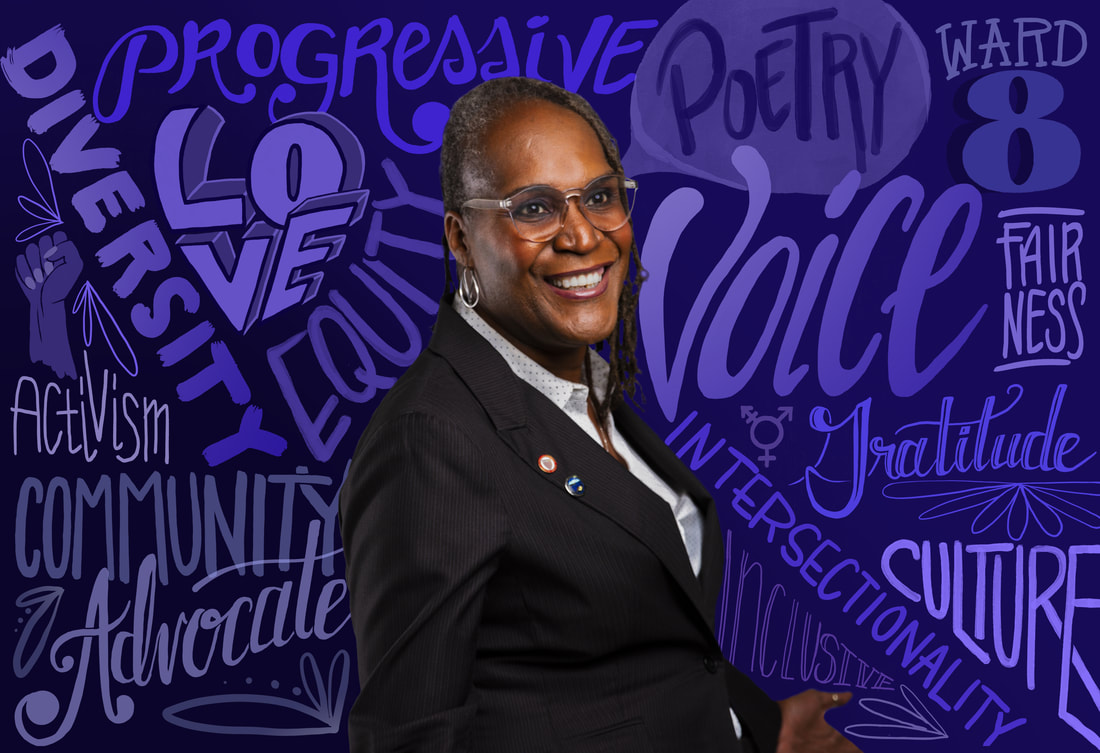
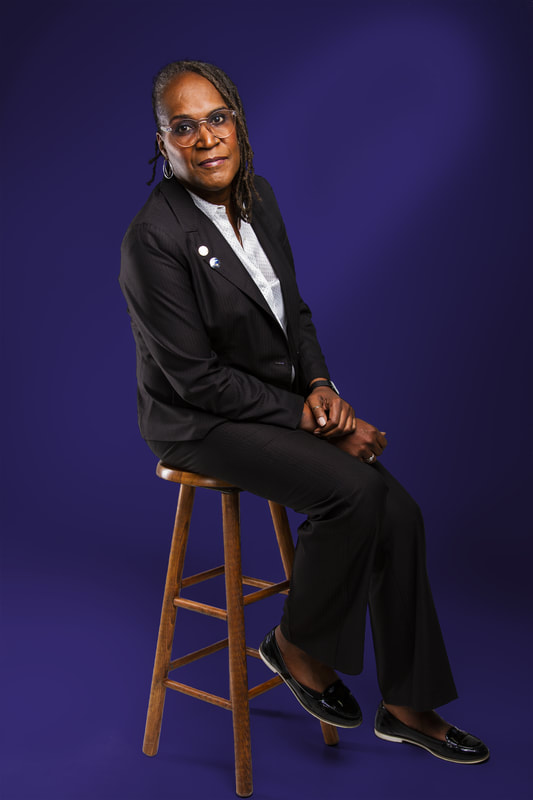
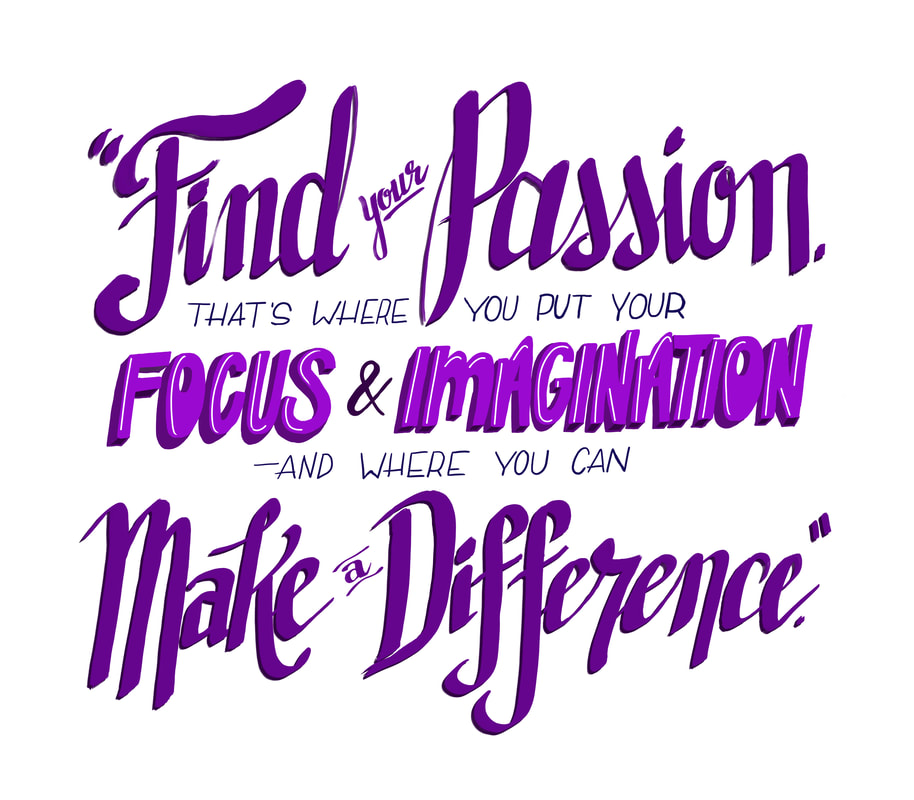
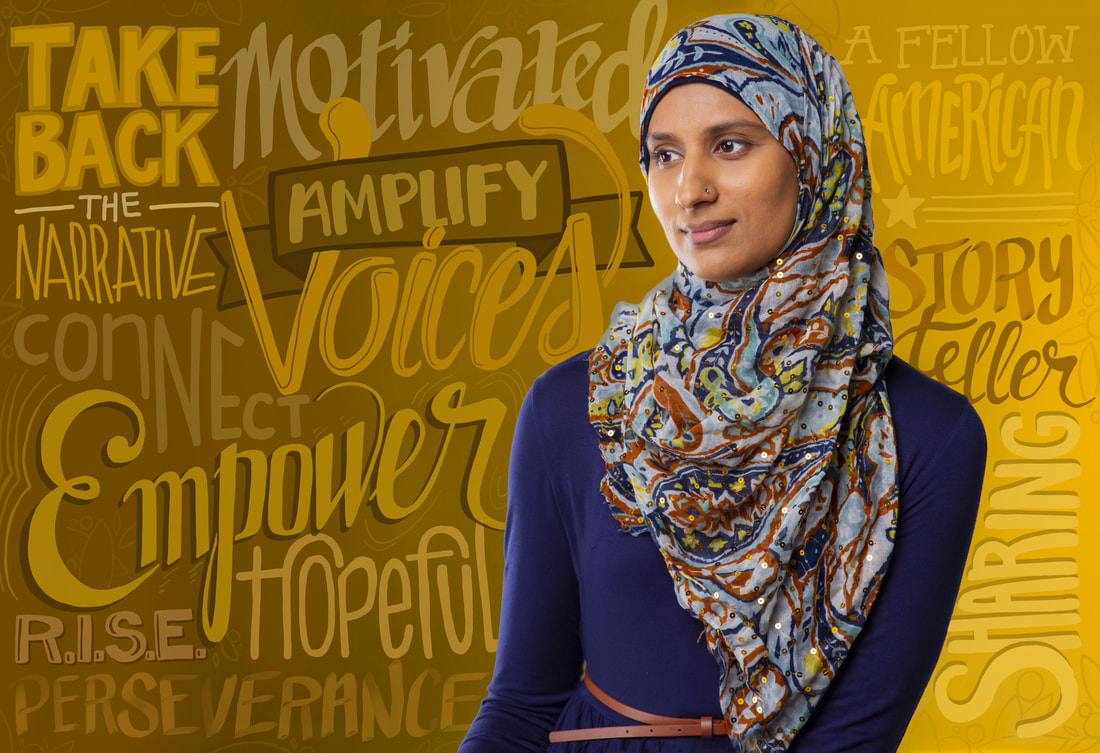
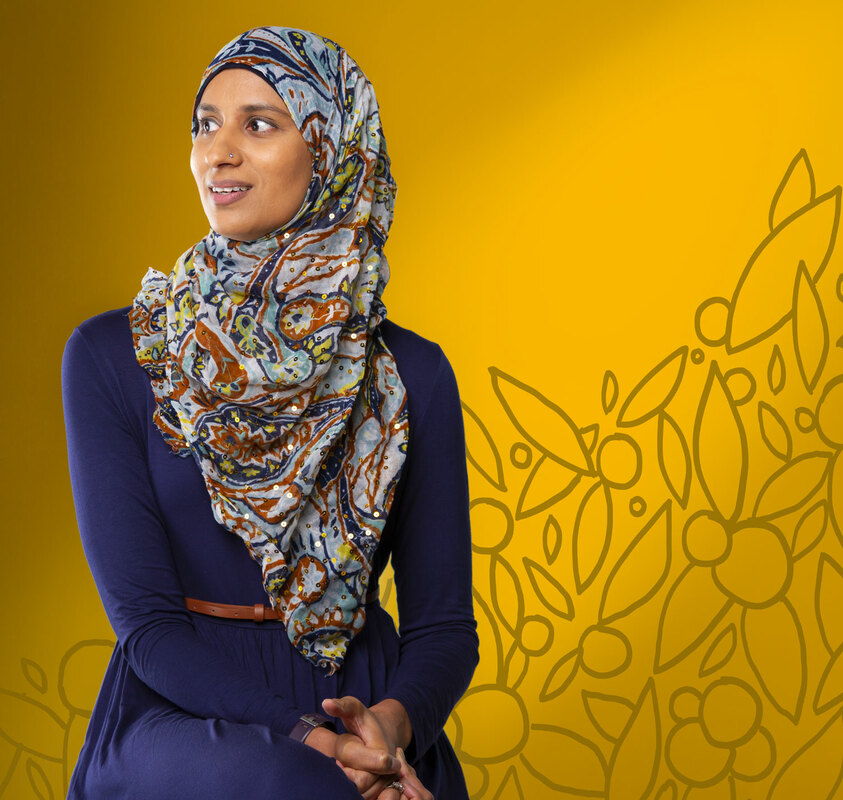
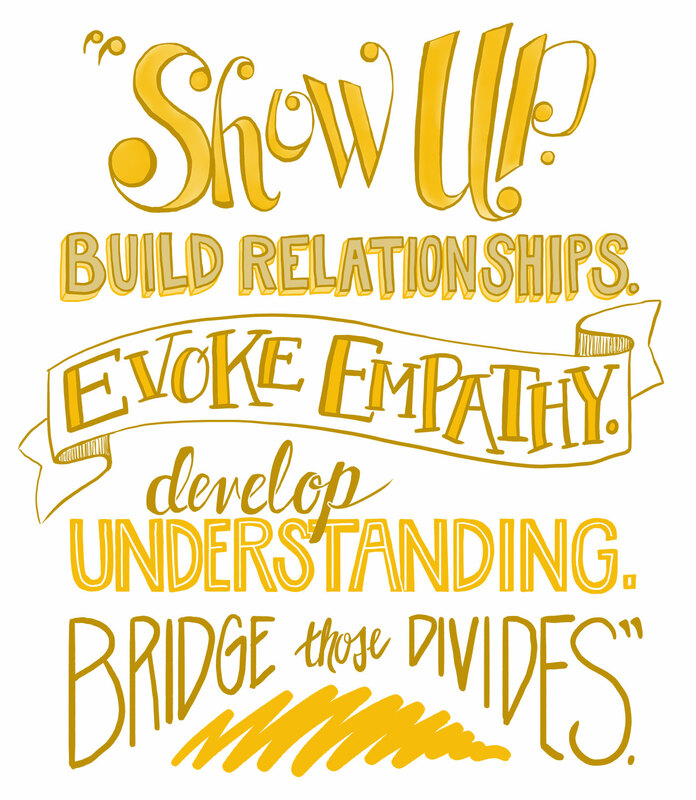
 RSS Feed
RSS Feed
